Winding along the river upstream from Tumen, the scenic National Highway 331 leads travelers through a series of charming border towns – Kaishantun, Sanhe, and Nanping, each with its own unique character. Sanhe, a vibrant Korean ethnic town, immerses visitors in an exotic cultural experience; while searching for local eateries, I frequently found myself marveling at how easily I could imagine being in Korea itself.
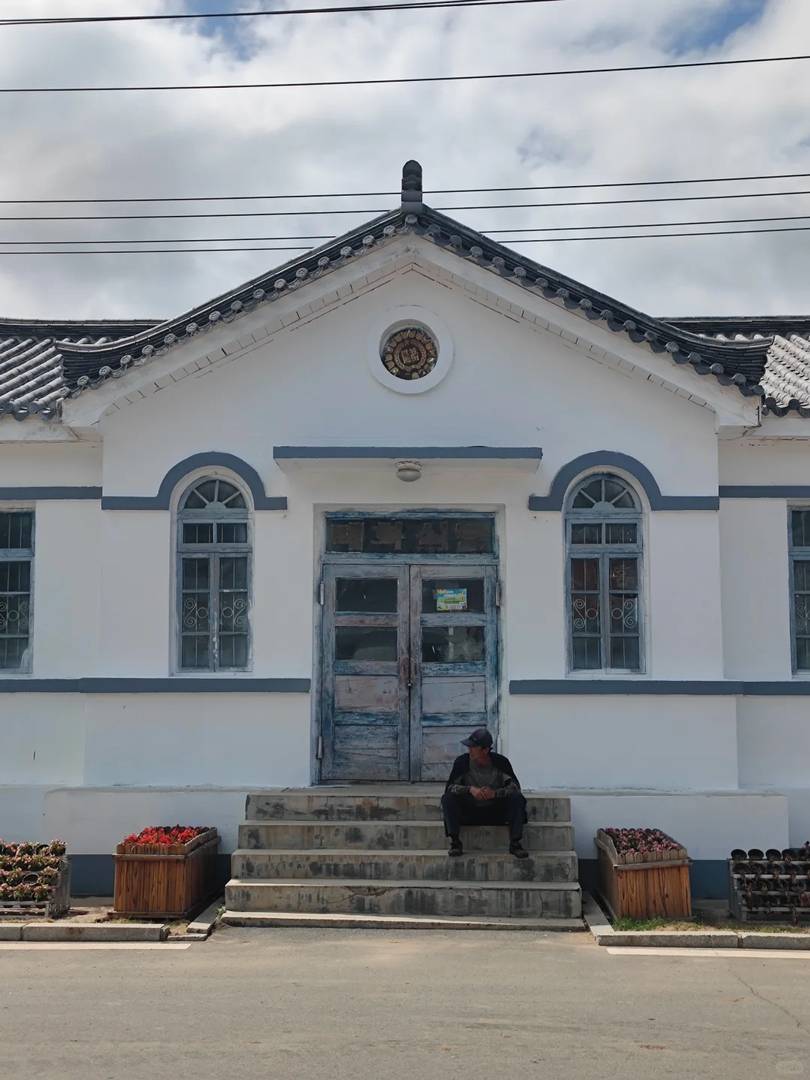
The Nanmao Hotel in Nanping emerged as the undisputed highlight of my borderland adventure – not just for its surprisingly upscale accommodations and delicious cuisine, but for its extraordinary staff of waitresses, all university students from Pyongyang. Though their Mandarin carried a distinct accent, their warm hospitality and attentive service more than compensated.
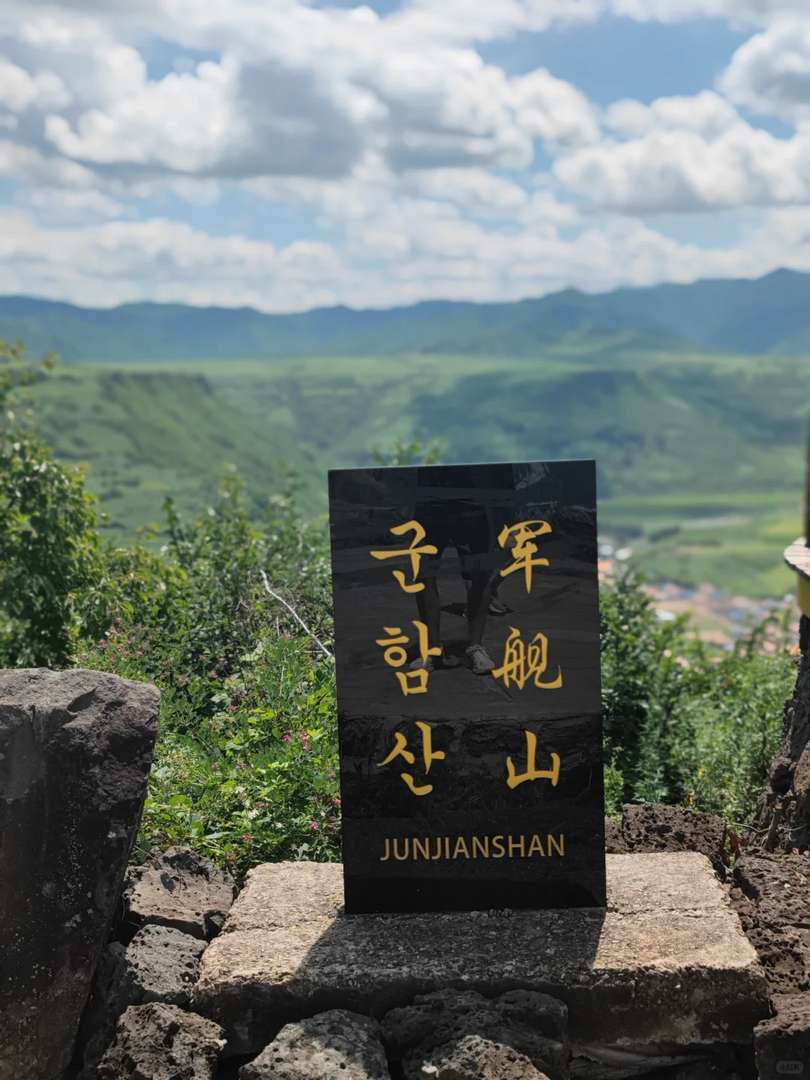
Across from the hotel, the rhythmic cadence of Korean announcements from a nearby factory created an intriguing soundtrack to the daily parade of female workers streaming through its gates. This, I discovered, was part of the dynamic China-North Korea Border Economic Cooperation Zone. Beyond Nanping, the road continues to Chongshan, the last significant town before reaching Erdaobaihe at the majestic Changbai Mountain’s base.
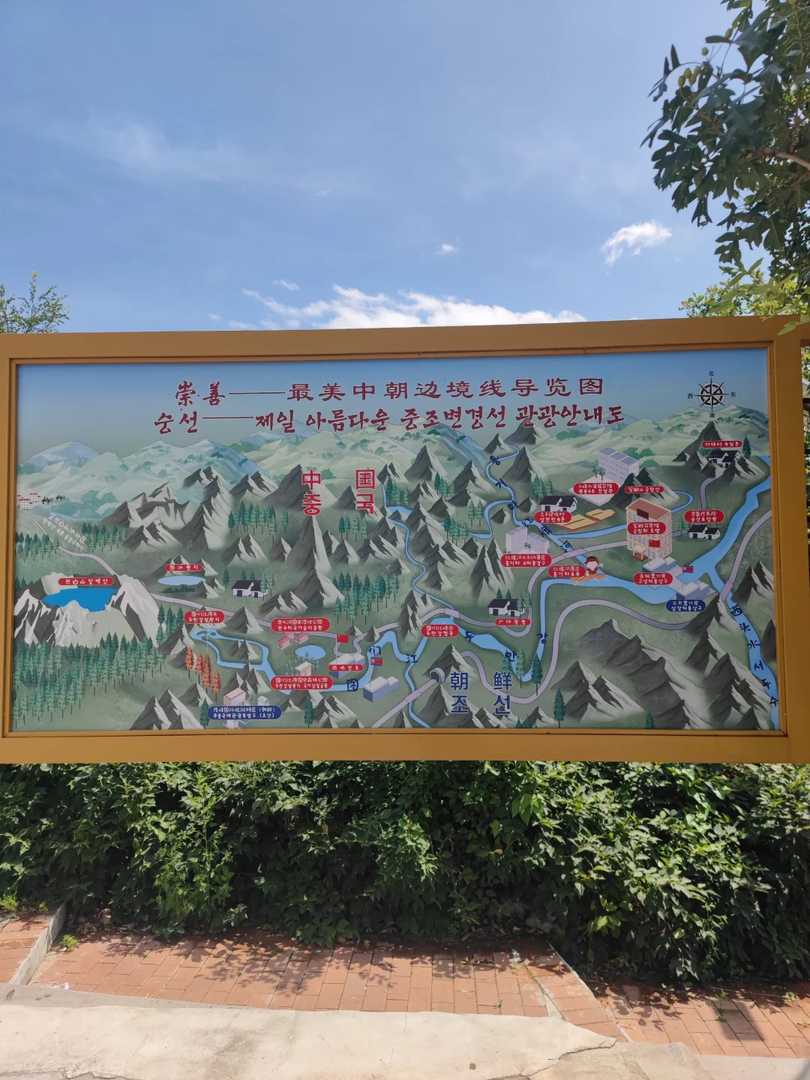
Chongshan’s Junjian Mountain offers breathtaking panoramic views of the neighboring country, accessible via a picturesque route winding through golden rice paddies – though adventurous drivers should note the narrow, challenging mountain roads demand careful navigation.
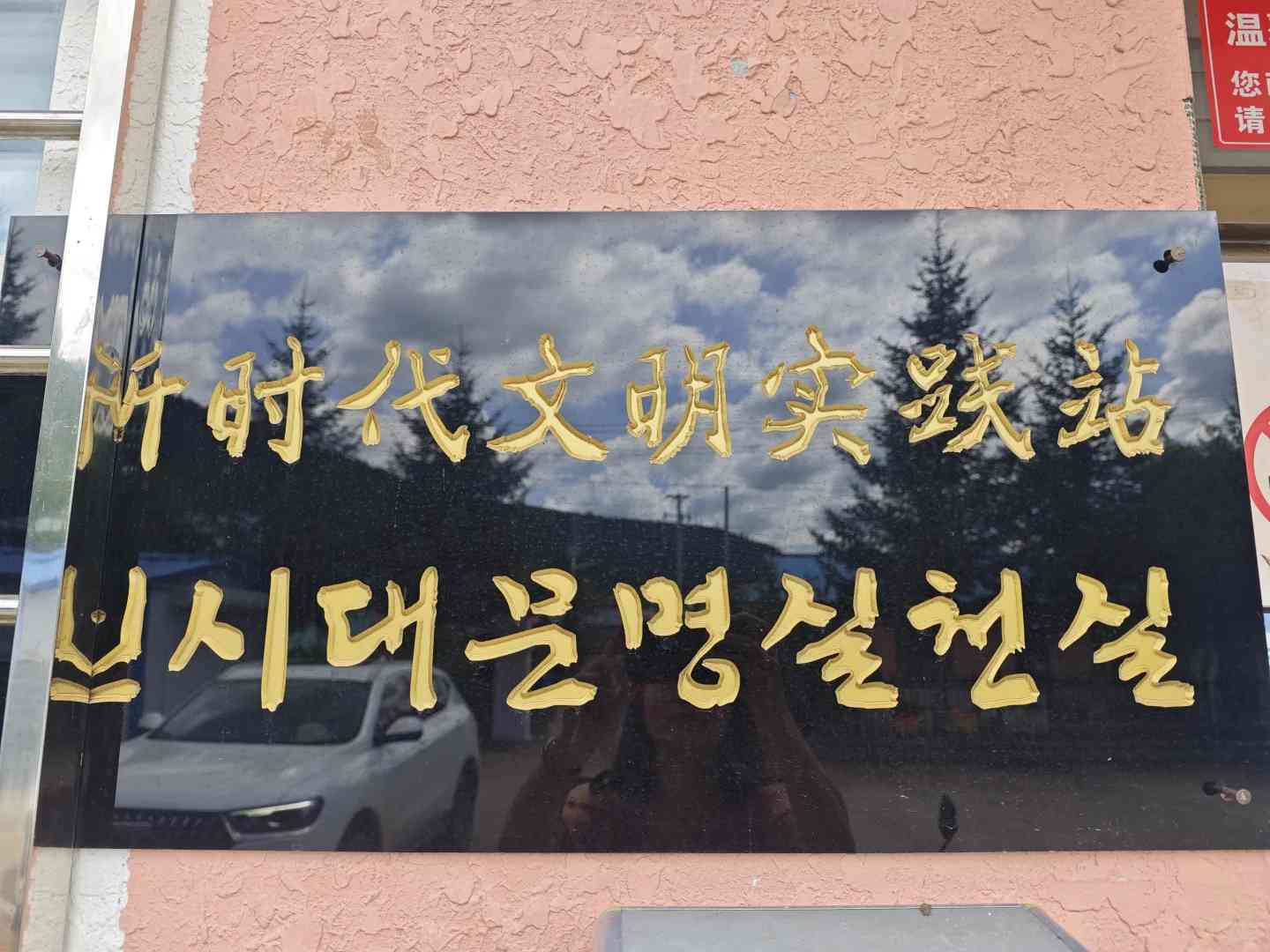
A visit to Chongshan’s health center revealed another fascinating layer of local history. While purchasing painkillers, I encountered two elderly women receiving IV treatments whose thick Shandong accents transported me across provinces. Our conversation unveiled their remarkable story – having settled here over half a century ago, they’d preserved their native dialect like a cherished heirloom.
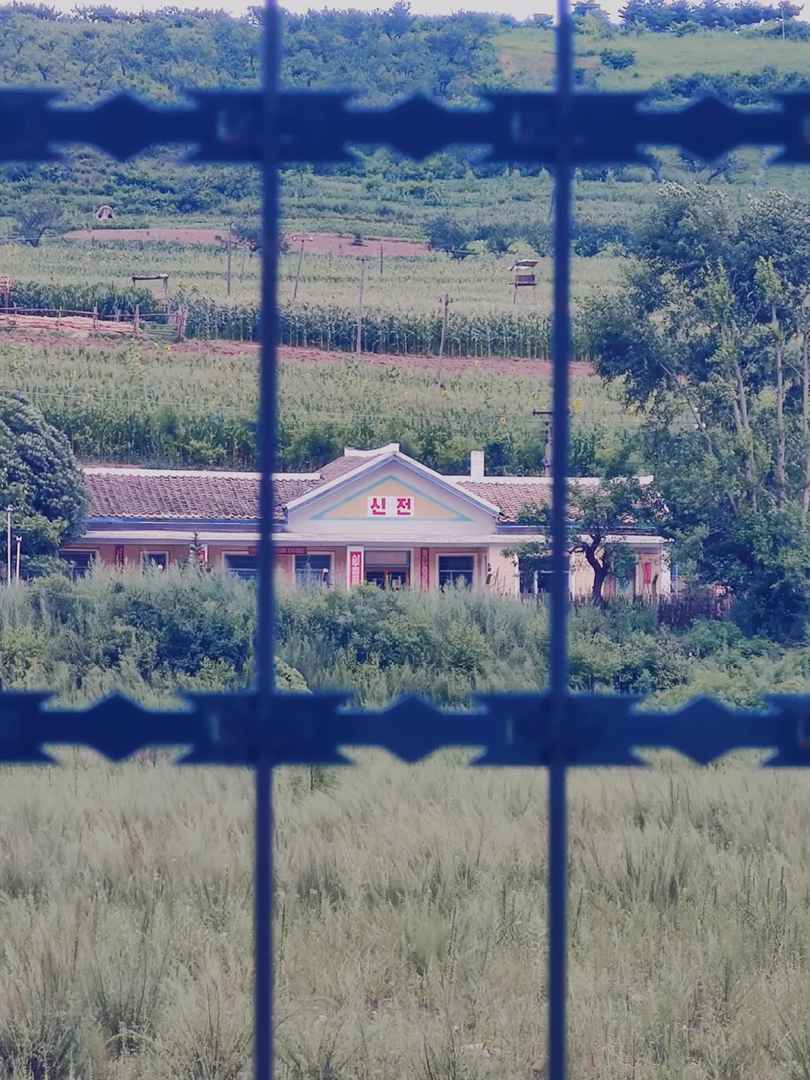
Throughout my journey, I noticed this pattern repeated: beyond the Korean communities, many locals traced their roots to Shandong. This fertile northeast land has long served as a welcoming haven, offering sanctuary and opportunity to generations of migrants fleeing hardship – a testament to the region’s enduring spirit of hospitality and resilience.
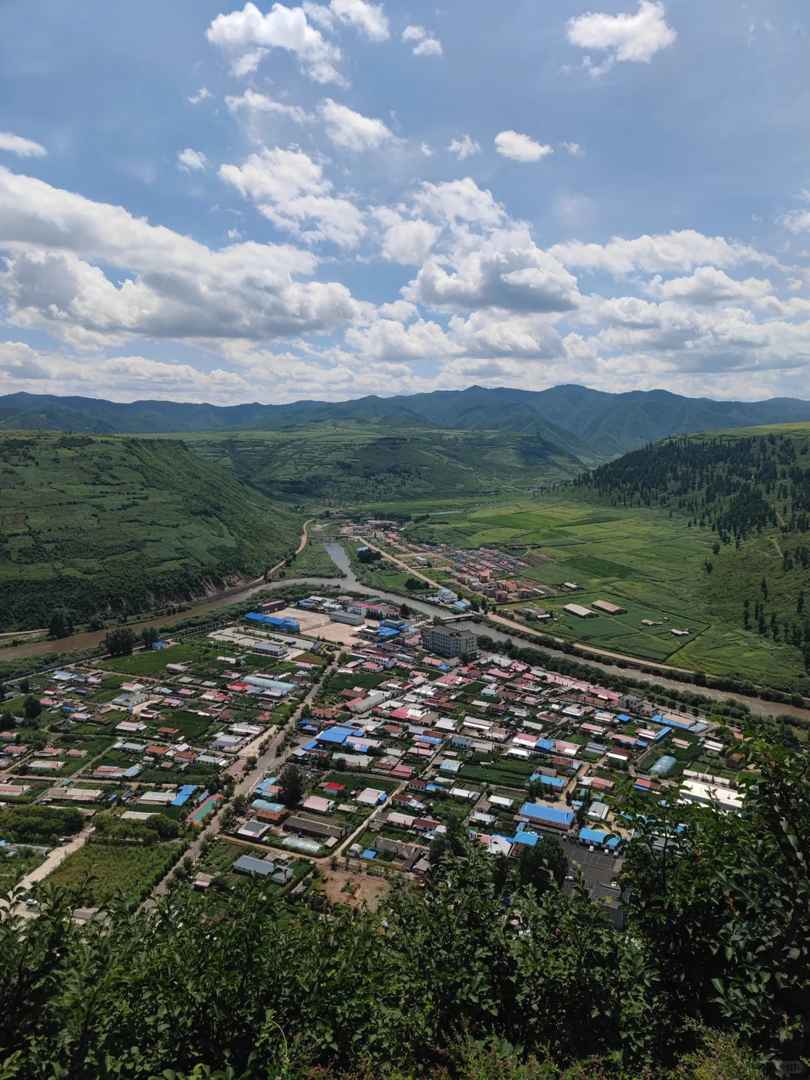
The borderlands don’t just separate nations; they preserve stories of cultural fusion and human perseverance.
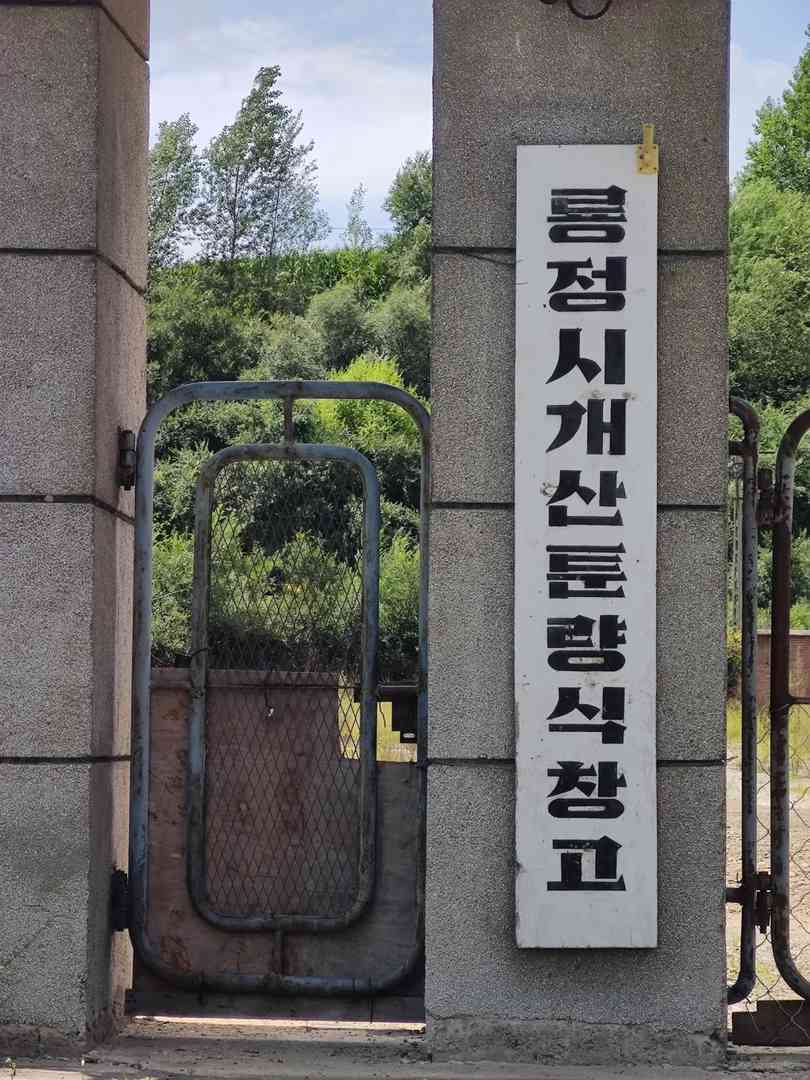
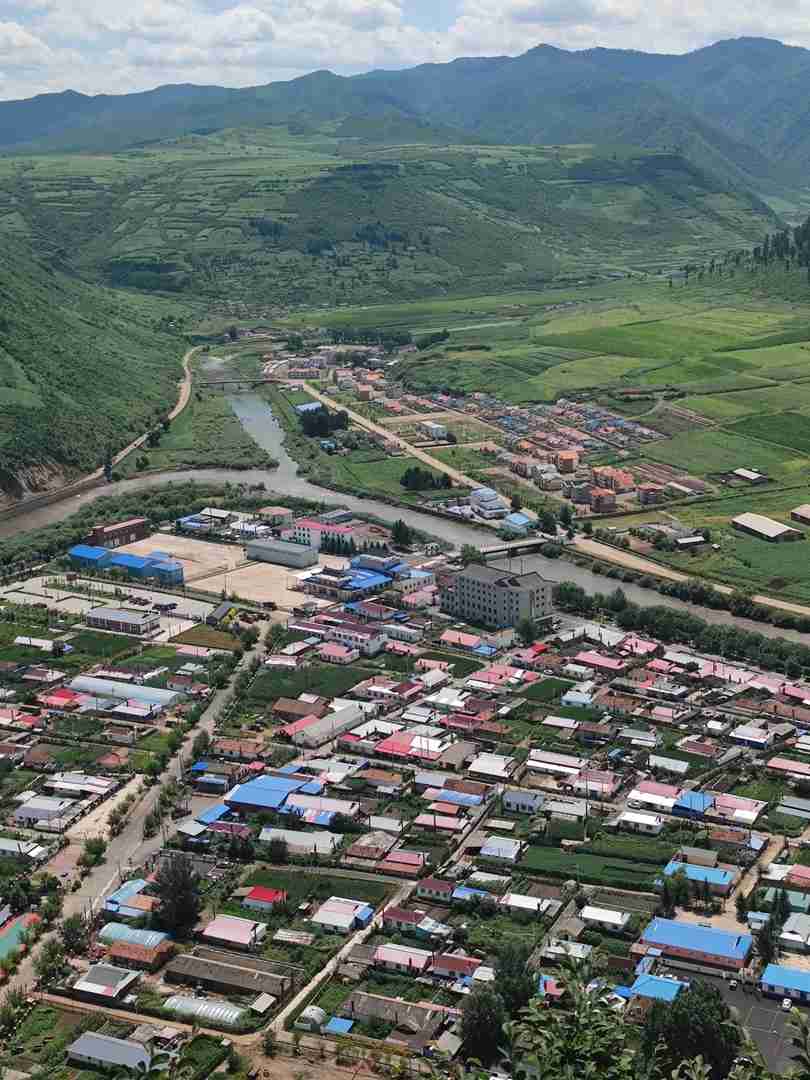
It sounds like there’s so much to discover beyond Pyongyang! The description of those border towns really paints a picture of a unique cultural journey. I’d love to learn more about the local food scenes in places like Sanhe. This guide makes North Korea seem like such a fascinating mix of history and culture.
This travel guide paints such a vivid picture! I had no idea there were these hidden gems so close to the border. The blend of culture and scenery sounds incredible. Definitely makes me want to visit Sanhe someday.
Thank you for your kind words! Yes, Sanhe is full of surprises right by the border. The mix of culture and nature is truly unique. Hope you get to visit soon—It’s an amazing experience!
The hidden gems along Highway 331 sound fascinating! I especially love how Sanhe offers such an authentic cultural feel. The Nanmao Hotel must add something special to the experience too. Definitely makes me curious about exploring these lesser-known areas.